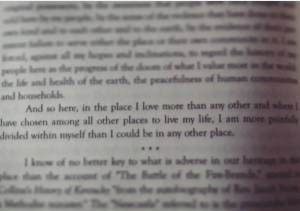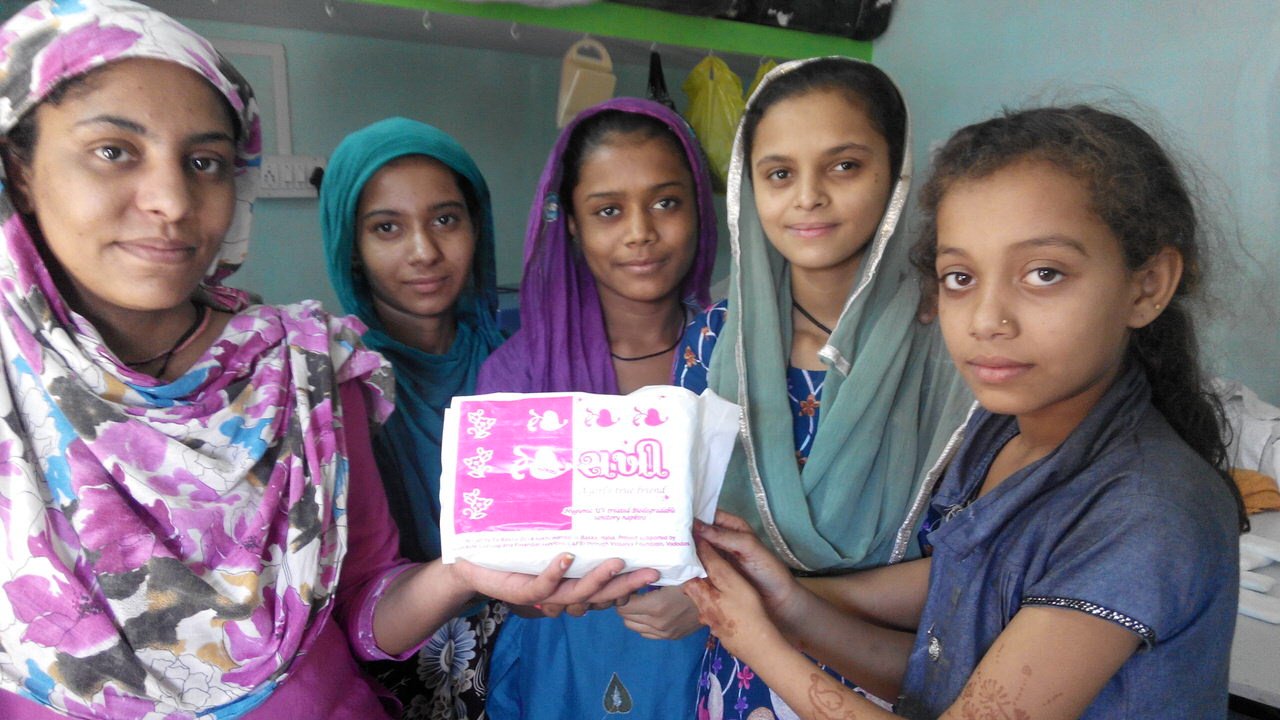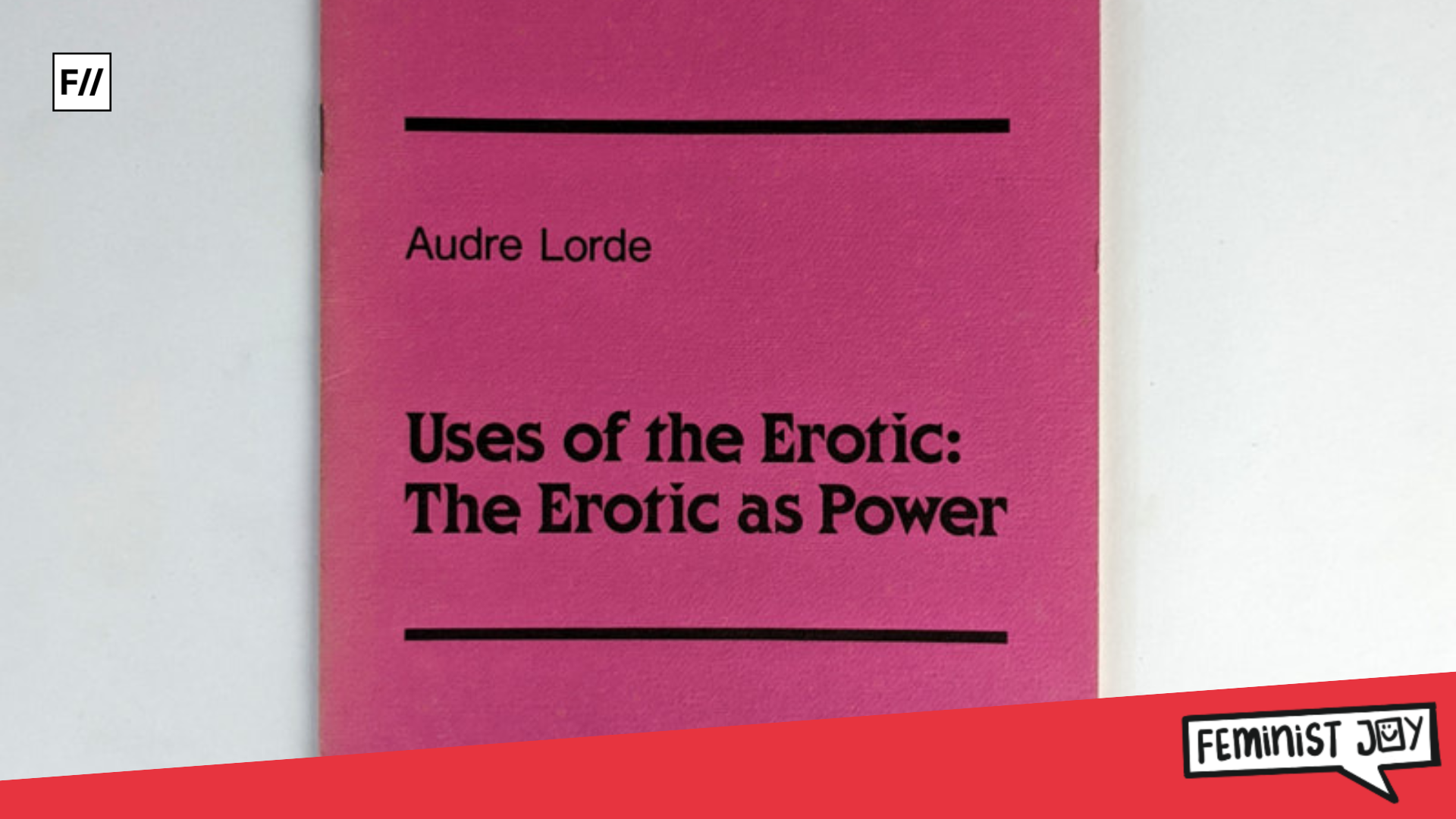
The art of the commonplace, Wendell Berry
From biochemistry labs to field studies around species behavior to ecological sustainability to global industrial politics and patriarchy of things — that is what my search for interconnectedness has gotten me into. In these last five years of coming-of-age after formal studies, my work life has been nothing less of a roller coaster ride, constantly wading between idealism and practicality.
While penning a write-up today to understand the tax revision issues affecting rural women and girls in the country, my heart raced and I was hit by an angst — am I betraying my kindred of sustainable menstruation? Living as minimal as I could, working on zero waste ideas and promoting reusable menstrual hygiene products, here I am also talking about tax-free sanitary napkins and public interest litigations to list them as ‘essential’ commodities instead of miscellaneous or luxury things.
Catch 22
I’ve always been about impossible relationships and contradictions. In a parallel universe my better self would be leading a quaint life in linear progression. Yet here I am, passing every year in circles (concentric ones), moving forth from one idea to the other, piecing the puzzle, connecting the dots and plugging in the gaps.
sustainability remains a privilege, many still grapple with everyday struggles shadowed by poverty and sickness.
My love for science and evidence has hit me with questions that took my understanding to systems that are complex. As my dear mentor-friend Bindu put it wonderfully, sustainability still remains a subset and often a privilege for some of us, large many still grapple with everyday struggles shadowed by poverty and sickness. My love for sustainable ideas is at loggerheads with the violation of women’s rights. Here we are, half of the world population with a body function of menstruation, as involuntary and necessary as breathing. But still we live in denial and oppression by systems that sideline them as taboos and “miscellaneous”.
How do I ask a mid-career mother of two with barely an hour to herself daily to also wash her cloth pads? How do I convince the father of a keen sixteen year old that her daughter’s virginity might not be tampered with a menstrual cup or hamper her married life with a suspicious husband? How do I put the burden of disposal issues of sanitary napkins on women and girls alone who live in the shadows of overbearing male figures and larger polluters? How do I make sense of realities like free condoms for safe pleasure and overpriced quality menstrual hygiene products that are sheer necessities?
Also Read: Menstrual Cups Are Great, But Even They Require Resources
When I made up my mind to leave my workplace to set aside the 2–3 months that I can afford to volunteer for these issues, living off my savings, I wasn’t prepared for this angst. In this journey so far, I’m grateful to every person from our campaign networks and collectives who see sense in the things I do and question the perceptions that don’t. More importantly, I still believe that I will not lose my way treading this tricky spot I find myself in, that the firm advocates of sustainability and outspoken leaders of gender rights will strive hard to achieve the ideal— and I may be at the intersection of the crossroads where both are not at loggerheads anymore but the start of a revolution of a different kind.
This post was first published on the author’s Medium account here.
Featured Image Credit: The Better India
About the author(s)
Shradha has worked with organizations on national environmental policies, waste management and sanitation in Tamil Nadu, zero waste and climate action in Kerala. She has also worked for the Climate Justice program at Asia Pacific Forum on Women, Law and Development and was the founding member of Women in Conservation and Climate Action Network (WICCAN). Currently she continues to be a campaigner with the Sustainable Menstruation Kerala Collective; who tends to brood with a book on her couch when not at any of the above.




